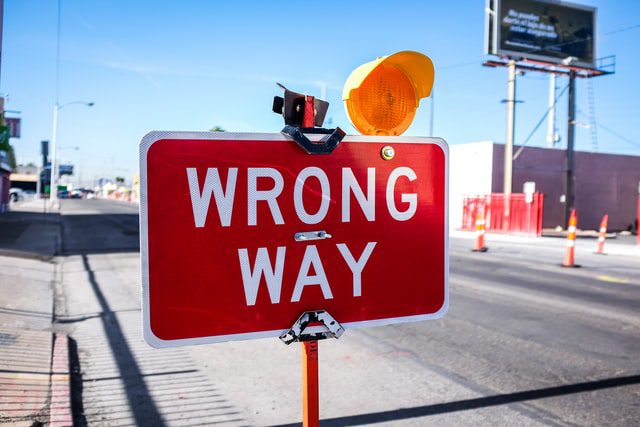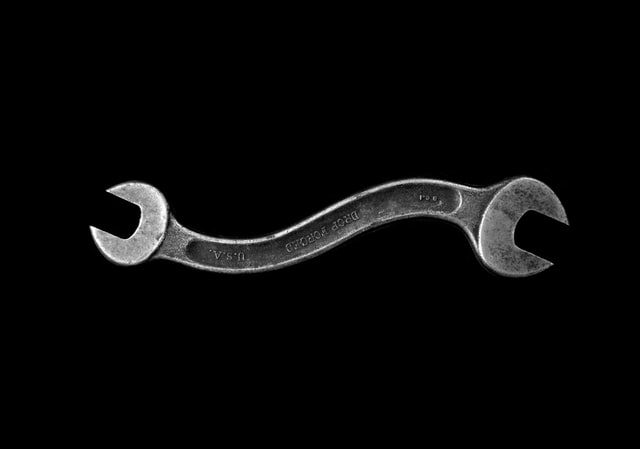
It’s easy to diminish and insult problematic prescriptions found in the various beliefs and practices that influence Christian views of sexuality. I mean, it’s easy. The purity culture of America has created deep wounds in the collective flesh. A lot of collective healing is in-process as a result of ideologies that encouraged the use of shame and guilt tactics to undermine and control generations of people. So, it’s easy to quickly dismiss these practices and beliefs. One could type thousands of words condemning past purity practices. Nothing but condemnation would fill the pages—word-after-word, endless sarcastic jabs, and reductions of this Christian practice or that Christian belief. And despite all the articulation of that condemnation, not a damn thing would be offered as a reconciliation to the horrible practices of the past. Condemnation is easy. It’s simple. It’s effortless. It’s everything eroticism is not.
Eroticism is an energy, as I have written before, and energy is not easy to create. But should it be? And nothing about relating to another human being is easy. I am not suggesting that it must be the opposite of that, I am not saying that the erotic relationship is difficult. It’s effortless only once we really grasp a deep understanding of how to consciously relate to another. And most of us (myself included) haven’t accessed our fullest potential of relatability. So, for those of us attentive but still learning along the way, one wouldn’t say that having a relationship is easy, but it’s not always hard or difficult or complex, either. Many times, it just flows in this frequency of reciprocity.
The erotically embodied individual doesn’t find a need to condemn anything. When we are fully erotically embodied, the use of comparative language, keeping a record of wrongs, contrasting this with that, competition with other, and judgment are no longer tools that we utilize. Once they served a purpose, but as we continue to evolve under eros, the ways in which we drew lines and created dualities dissipate. The erotic isn’t about what is “right or wrong.” The erotic is about what is One.
I won’t excuse how the purity culture’s messaging has impacted so many in such a negative way. But when I dig back through history to try to understand the fear behind the practice that was implemented, I start to see why the idea gained momentum and perpetuated. There’s no need to cite particular practices. What matters is that we acknowledge what backed the implementation. Fear did. What I know about fear is that often, it’s merely a lack of information that creates the stir, and to be preemptive to protect others from consequences, we—the collective we—conjure conversations, join in on discussions, and try to devise ways to prevent bad things from happening. The road to hell is paved with good intentions.
Erotic energy is powered by compassion, grace, and love. When we can learn to extend compassion not only to ourselves, but to others who have hurt us with lies, messages, actions, and more; when we can learn to extend grace and love in the face of the trauma that haunts us, however small and insignificant you may believe it to be, we truly let go of the need to judge and condemn. The desire to judge no longer resides within us.
Eroticism erodes dependency on duality completely. Eroticism is integrated energy—it penetrates all 5 dimensions of our being: the physical, the mental, the emotional, the sexual, and the spiritual. It broadcasts from a frequency of love. Condemnation and judgment broadcast from a frequency of fear.
If you’ve come to discover that previous practices no longer serve you and you want others to know a better way to evolve erotically, sexually, spiritually, share your story and your ideas to edify the erotic. I realize so many practices are dangerous. But we cannot continue to meet fear with more fear. The erotic insists that we meet love with love.















